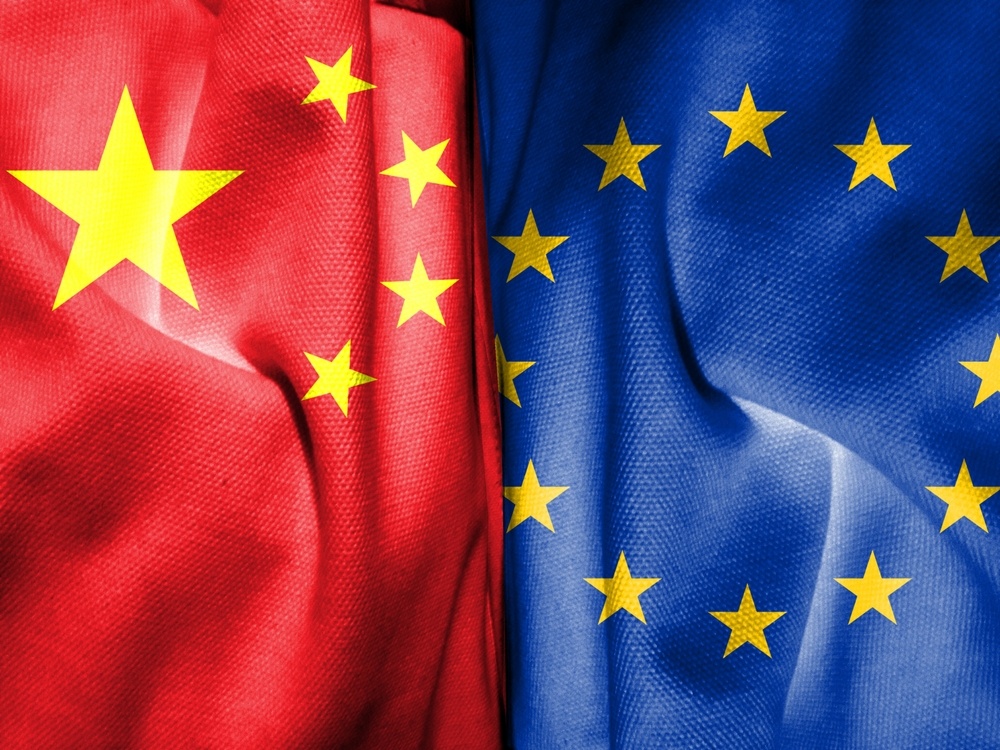EU imposes countervailing duties on Chinese electric car imports! Reactions from all sides
The EU has imposed anti subsidy tariffs on imported electric vehicles from China, with BYD at 17.4%, Geely at 20%, and SAIC at 38.1%.

The EU has imposed anti subsidy tariffs on imported electric vehicles from China, indicating intensified competition in the global electric vehicle market, and countries have taken measures to protect their own industries.
This move has sparked strong reactions from the Chinese government and the automotive industry, emphasizing that the measure violates market economy principles and international trade rules. China urges the EU to correct its mistakes and expresses that it will take necessary measures to protect its own interests.
In addition, major European car manufacturers such as Mercedes Benz, Volkswagen, and BMW have also expressed opposition to this, believing that it will harm the development of the European automotive industry.
Specific tariff measures
Specific tariffs: The EU imposes temporary countervailing tariffs on imported electric vehicles from China, with BYD at 17.4%, Geely at 20%, and SAIC at 38.1%.
Total tariff rate: Anti subsidy tariffs have resulted in SAIC Group facing a total tariff rate of 48.1%, and the new tariff rate will be implemented from July 4th.
Chinese response
Chinese government position: The Chinese Ministry of Commerce and Ministry of Foreign Affairs strongly oppose this, accusing the European Union of violating WTO rules and calling for a resolution through dialogue and consultation.
Protectionist criticism: The Chinese Ministry of Foreign Affairs emphasizes that anti subsidy investigations are protectionist actions that harm China Europe economic and trade cooperation and global supply chain stability.
Market impact
Market share: According to lobbying group data, about 20% of battery electric vehicles sold in the European Union last year were made in China, and it is expected that this proportion will rise to 25% this year.
Global trade trend: The United States and Türkiye have also recently raised tariffs on imported vehicles from China, indicating the rise of global trade protectionism.
European car companies have responded
Mercedes Benz: Supports free trade and fair competition, opposes protectionist trends. And expressed concern about the negative consequences of this measure.
Volkswagen: Oppose the imposition of anti subsidy taxes, believing that the negative impact on the German automotive industry outweighs potential benefits.
BMW Group: Imposing tariffs is a wrong decision that will hinder the development of European car companies and trigger a chain reaction of trade protectionism.
Disclaimer: The views in this article are from the original Creator and do not represent the views or position of Hawk Insight. The content of the article is for reference, communication and learning only, and does not constitute investment advice. If it involves copyright issues, please contact us for deletion.